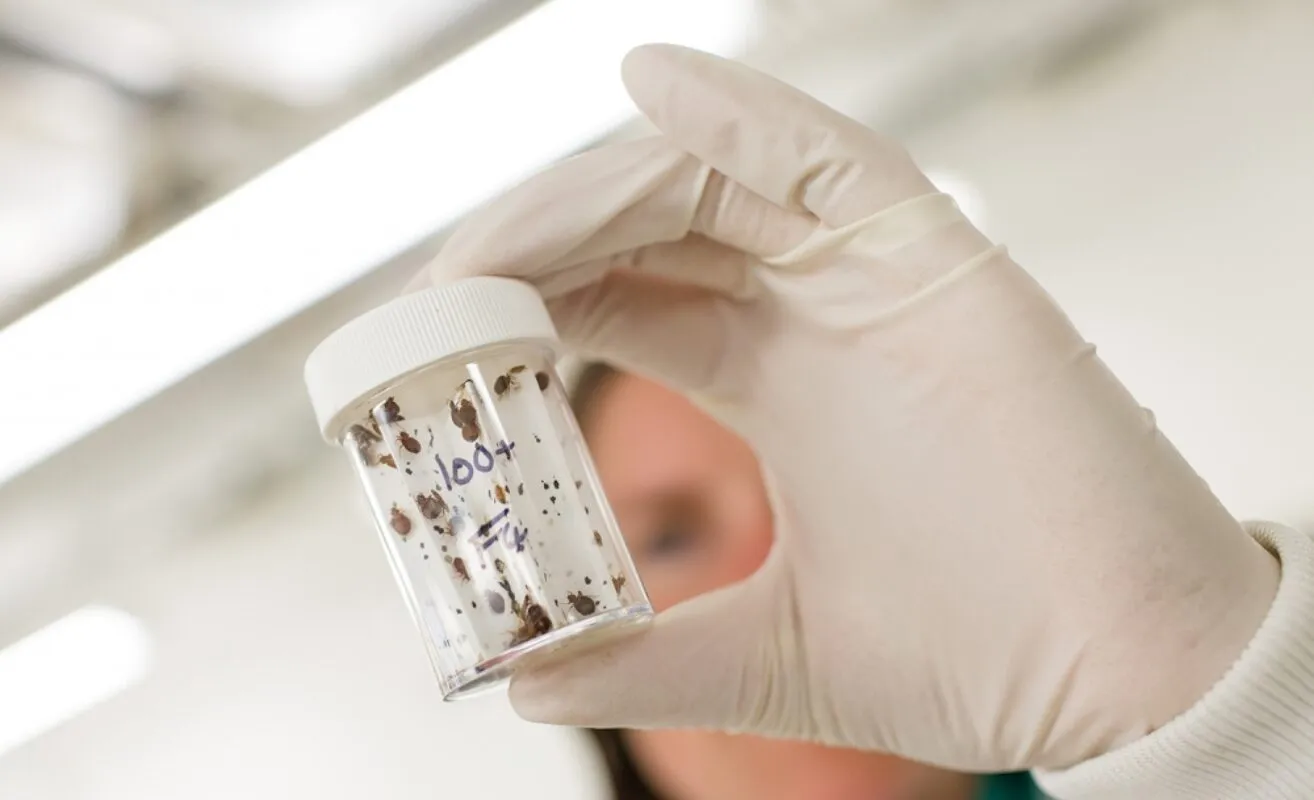Courses
Admissions & Support
Course Search
Courses
Admissions & Support
Course Search
Our Services
Our Community
Course Search
Governance
Professional Services
CAO Points: Add on
Location: Athlone
years: 1

Students taking this add-on honours degree will study a range of modules directly related to the agricultural, biotech and food industries.
Students will learn the principles and application of herd management strategies, environmental management and land use. Modern applied bioscience technologies are explored through agricultural biotechnology and applied cell biology modules. There is also a focus on food science and processing related to nationally important agricultural industries including beef, dairy and poultry production.
Bachelor of Science in Applied Bioscience graduates will have the opportunity to gain employment in a diverse range of scientific roles across various industries.
Small class sizes allow for excellent student and staff interactions and highly engaging course delivery. Throughout the year students will complete a number of field-trips and attend guest seminars delivered by industry experts.
Experience life on the TUS Athlone campus which is renowned for its warm, friendly and inclusive campus culture. Students will also gain valuable hands-on experience working in the laboratory. Students are encouraged to discover their talents and will be assigned a final year project. This will usually involve spending time in the laboratory where students can develop their lab skills and independent thinking.
Dr. Sean Gerrity
Email: Sean.Gerrity@tus.ie
Holders of an appropriate Bachelor of Science qualification in Veterinary Nursing, Agricultural Science, Biotechnology, Toxicology or an equivalent Level 7 qualification are eligible to apply to join this programme.
Applications will also be considered for Direct/Advanced Entry from those with a FETAC Level 5/6 qualification (or equivalent) and/or relevant prior learning. Click here to learn more.
International applicants should allow plenty of time for completing the visa process. Applications for September start should be made by 1st June at the latest to ensure visas are processed in time. You should familiarise yourself with visa processing times for your country of origin to ensure you make a timely application. Please contact the International Office directly should you have any questions regarding International Applications.
Agricultural Biotechnology
Credits: 5
Students will study the fundamental principles and the applications of molecular biotechnology to agriculture, including crops and livestock.
Agriculture, Land Use and Management
Credits: 5
Study the fundamental principles of ecosystem ecology, biogeochemistry and agriculture systems to understand the structure and function of natural and managed ecosystems.
Analytical Toxicology
Credits: 5
This module explores the major tenets of analytical toxicology. Students will critically evaluate the principles, applications and limitations of instrumental analysis in drug analysis and toxicology. Exploration of new and emerging analytical techniques and recognise their applications in research, medicine, environment and the agrisector.
Food Processing & Safety
Credits: 5
Study specialised areas in food processing technology, integrated food safety and legislation. Topics including unit operations in food processing, processing technologies associated with the major primary product groups of the food industry and food management systems based on the principles of HACCP.
Research Methods
Credits: 5
The aim of this module is to expose students to a range of scientific research methodologies which will enhance their understanding and develop skills relevant to the research process.
Sustainable Herd Management Strategies
Credits: 5
To provide students with knowledge regarding sustainable and efficient animal production as it relates to intensive and extensive animal production systems in Ireland.
Applied Cell Biology
Credits: 5
This module explores cell biology and its importance in research into normal body function and development. It also looks at the application of cell biology in clinical medicine, both human and veterinary, including disease diagnosis, therapy and prevention. Students explore real world examples such as mammalian cell culture, and it’s application in monoclonal antibody production, CAR-T cell therapy and tissue engineering.
Food & Molecular Microbiology
Credits: 5
The contrasting beneficial and detrimental activities of microorganisms in food systems are examined. The roles of beneficial microorganisms such as Lactic Acid Bacteria, yeasts and probiotics in food production are explored. The molecular mechanisms of pathogenesis by select foodborne microbial pathogens are also studied.
Environmental Land Use and Management
Credits: 5
This module will provide an overview of key strategies in land use and soil management, and environmental challenges. Also exploring the potential impacts of human activity over coming decades and e.g. climate change, degradation of soil and water resources and loss of biodiversity. The aim is to ensure that students can relate to key policies and legislative initiatives that impact on agricultural production systems. The agri-environment will be outlined and different strategies which reflects the global changes that need to be made to facilitate sustainable food production systems.
Research Project
Credits: 15
This research project provides the student with an opportunity to engage in a thorough and independent examination of a specific issue related to the course, identified through previous studies and focused research. Students will carry out independent research under the supervision of an academic staff member.
Graduates are well placed to go onto employment in a wide range of areas such as veterinary diagnostics, various pharmaceutical and biopharmaceutical roles, veterinary, validation and quality, technical sales and forensic laboratory work.
Successful graduates of this programme are eligible for Level 9 and 10 postgraduate programmes within TUS or elsewhere.
Athlone Campus CAO mailing list
Click here